Mint must prove rare seized coins were stolen
PHILADELPHIA — The U.S. government improperly seized a set of extremely rare and valuable "double eagle" coins from a Philadelphia jeweler's descendants and must win a forfeiture case to keep them, a judge ruled this week.
Ownership of the 10 gold coins — worth millions of dollars apiece — may be determined by a jury in a weeks-long forfeiture hearing.
The family of the late Israel Switt is suing to recover the double eagles, so named because they had a face value of $20, twice the amount of gold coins known as eagles.
The government argues that none of the coins were removed legally from the Mint when President Franklin D. Roosevelt abandoned the gold standard in 1933. The stockpiled double eagles minted that year and waiting to go into circulation were instead melted down, although a few apparently survived.
The judge's order released Wednesday calls for the government to initiate a forfeiture hearing by Sept. 28. The hearing would likely amount to a trial in which the government would have to prove Switt's family never legally possessed them, a family lawyer said.
Lawyer Barry Berke argues that some coins could have left the Mint legally through a gold exchange program in place at the time that attracted jewelers like Switt.
"There was a period of time where it was permissible to exchange gold coins for gold bullion," said Berke, who represents Switt's daughter, Joan S. Langbord of Philadelphia, and her sons, Roy Langbord of New York City and David Langbord of Virginia Beach, Va.
They say they found the coins in a safe deposit box in 2003, 13 years after Switt died.
The following year, they asked the Mint to authenticate them and suggested they were open to a negotiated settlement, perhaps akin to the 50-50 split reached in a previous case involving one double eagle coin.
The collection could be worth nearly $80 million or more. A comparable double eagle sold for $7.59 million in 2002 — believed to be the highest price ever paid for a coin.
The family has previously asked for the coins' return or a settlement of up to $40 million.
U.S. District Judge Legrome Davis ruled that the government improperly seized the coins and denied the family due process when Mint officials decided to keep them after they were authenticated without a hearing.
"The government's 'good-faith' belief that the coins were once stolen is not sufficient, under the circumstances, to justify its decision to conduct a warrantless seizure," Davis wrote.
Federal prosecutors representing the Mint declined through a spokeswoman to comment Friday.
In a statement, the family noted Israel Switt's combat service in World War II and said they have tried to be open with the government throughout the long case.
"Perhaps this was only a minor and personal battle, but nevertheless it is one where a family's rights to receive fair treatment from the government of the United States was vindicated," the statement said.
Labels: mint















![[Most Recent Quotes from www.kitco.com] [Most Recent Quotes from www.kitco.com]](http://www.kitco.com/images/live/t24_au_en_usoz_6.gif)
![[Most Recent Quotes from www.kitco.com] [Most Recent Quotes from www.kitco.com]](http://www.kitco.com/images/live/au_go_0030_ny.gif)
![[Most Recent Quotes from www.kitco.com] [Most Recent Quotes from www.kitco.com]](http://www.kitco.com/images/live/au_go_0365_ny.gif)
![[Most Recent Quotes from www.kitco.com] [Most Recent Quotes from www.kitco.com]](http://kitconet.com/charts/metals/silver/t24_ag_en_usoz_4.gif)




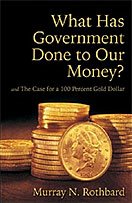

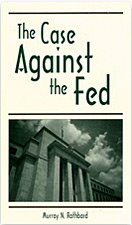
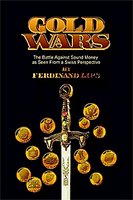
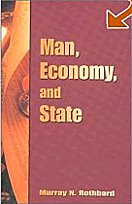

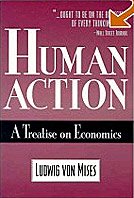
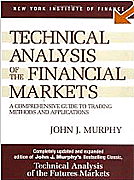
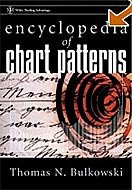




3 ΣΧΟΛΙΑ (COMMENTS):
Investment in the gold is the worth investing.
Well thank you for your kind comment Patricia!
What I try to do here is sift through all the trivial financial daily noise and keep what is solid (like for example gold!), down-to-earth (economically speaking) and useful to bring it to people like you, so we all may face the tsunami as well equipped as possible ....
Hope you see you again.
Chrys
Great post on gold and silver coins. We will include some of your writing and link into our newsletter to our gold coin collector forum newsletter and social website.
gold coins
Post a Comment
<< Home